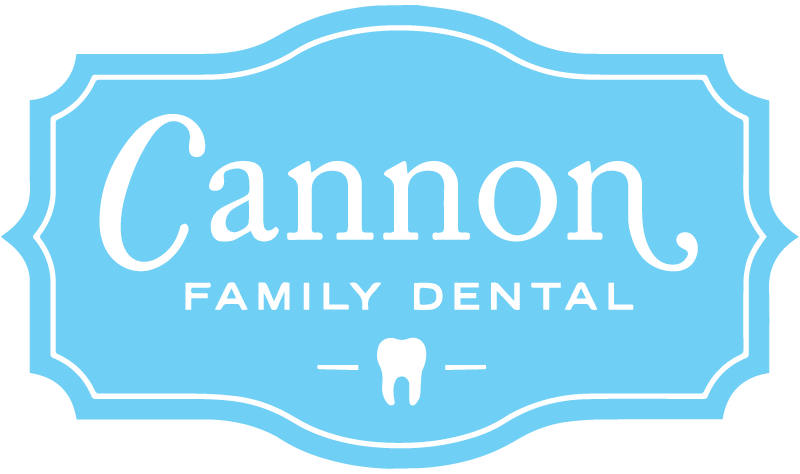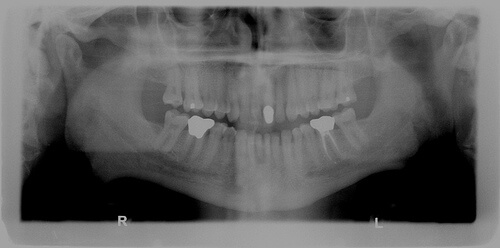No cavities
For a patient that has never had a cavity, we would consider them extremely low risk for future cavities. I would want to take x-rays the first time they present to my office to verify their current status, and then recommend a regimen of x-rays every 2-3 years…unless we someday found a cavity.One cavity
If a patient has had just one cavity in the past three years they are considered at risk for future cavities. I recommend x-rays once each year for this situation.Numerous cavities
Again, I recommend x-rays once each year. If cavities continue unabated, after discussing and introducing a more rigorous dental hygiene regimen, I may recommend taking x-rays every six months.Incipient (immature) cavities
There are times when a cavity presents as very small, not having moved through the enamel layer completely. I call this an immature cavity. In these cases I will sometimes take x-rays every 6 months and review hygiene and prevention techniques to try and remineralize (“heal”) the immature cavity.The young or old
Children undergo rapid change with their teeth as primary teeth come out and adult teeth come in. I still recommend x-rays once each year, unless the child has a history of and represents a moderate risk for cavities. For older individuals I normally recommend x-rays once each year, but if the patient has a dry mouth, or a history of numerous cavities, or presents with cavities, I may recommend x-rays every 6 months.What about gum disease?
Gum disease, or periodontal disease, is a serious situation that can cause pain, infection and loss of teeth. X-rays should be taken at least every year to assess bone levels.What does the American Dental Association recommend?
The American Dental Association has this to say about the importance and frequency of x-rays:
Dental X-rays are a useful diagnostic tool when helping your dentist detect damage and disease not visible during a regular dental exam. How often X-rays should be taken depends on your present oral health, your age, your risk for disease, and any signs and symptoms of oral disease. For example, children may require X-rays more often than adults because their teeth and jaws are still developing and their teeth are more likely to be affected by tooth decay than those of adults.
If you are a new patient, the dentist may recommend X-rays to determine the present status of your oral health and have a baseline to help identify changes that may occur later. A new set of X-rays may be needed to help your dentist detect any new cavities, determine the status of your gum health or evaluate the growth and development of your teeth. If a previous dentist has any radiographs of you, your new dentist may ask you for copies of them. Ask both dentists to help you with forwarding your X-rays.
Dental X-rays are safe; however, they do require very low levels of radiation exposure, which makes the risk of potentially harmful effects very small. Dental X-ray tools and techniques are designed to limit the body’s exposure to radiation and every precaution is taken to ensure that radiation exposure is As Low As Reasonable Achievable (ALARA principle)….A leaded thyroid collar can protect the thyroid from radiation, and should…be used whenever possible….
Are you pregnant? Make sure you tell your dentist. During your pregnancy, you may need to have X-rays taken as part of your treatment plan for a dental disease. Use of the leaded apron and thyroid collar will protect you and your fetus from radiation exposure. Dental X-rays do not need to be delayed if you are trying to become pregnant or are breastfeeding.
Questions?
Call us at Cannon Family Dental (801-292-3501) or via our contact page, or stop in to visit with us. We are excited to meet you and answer your questions. Photo by jasonwoodhead23

